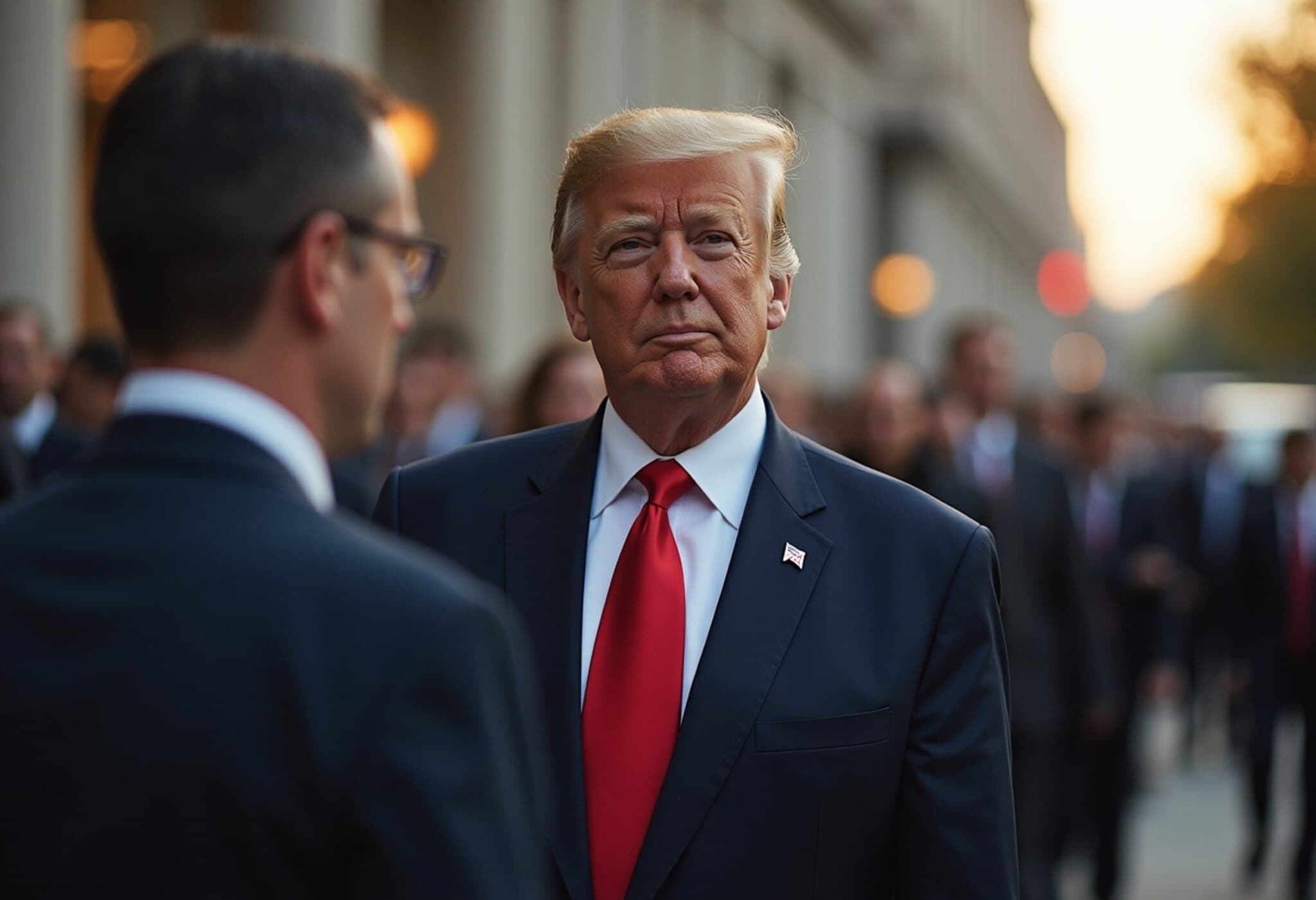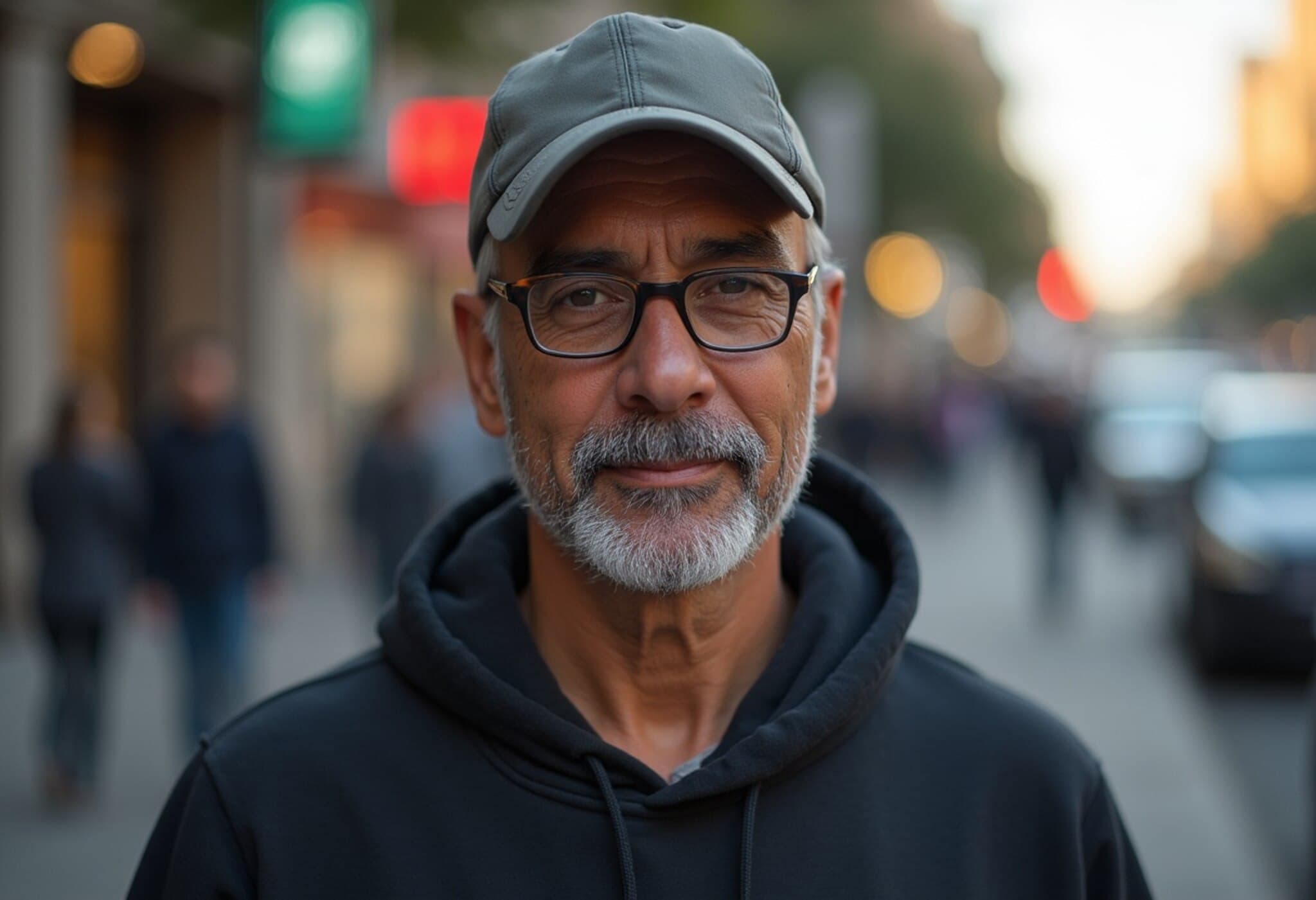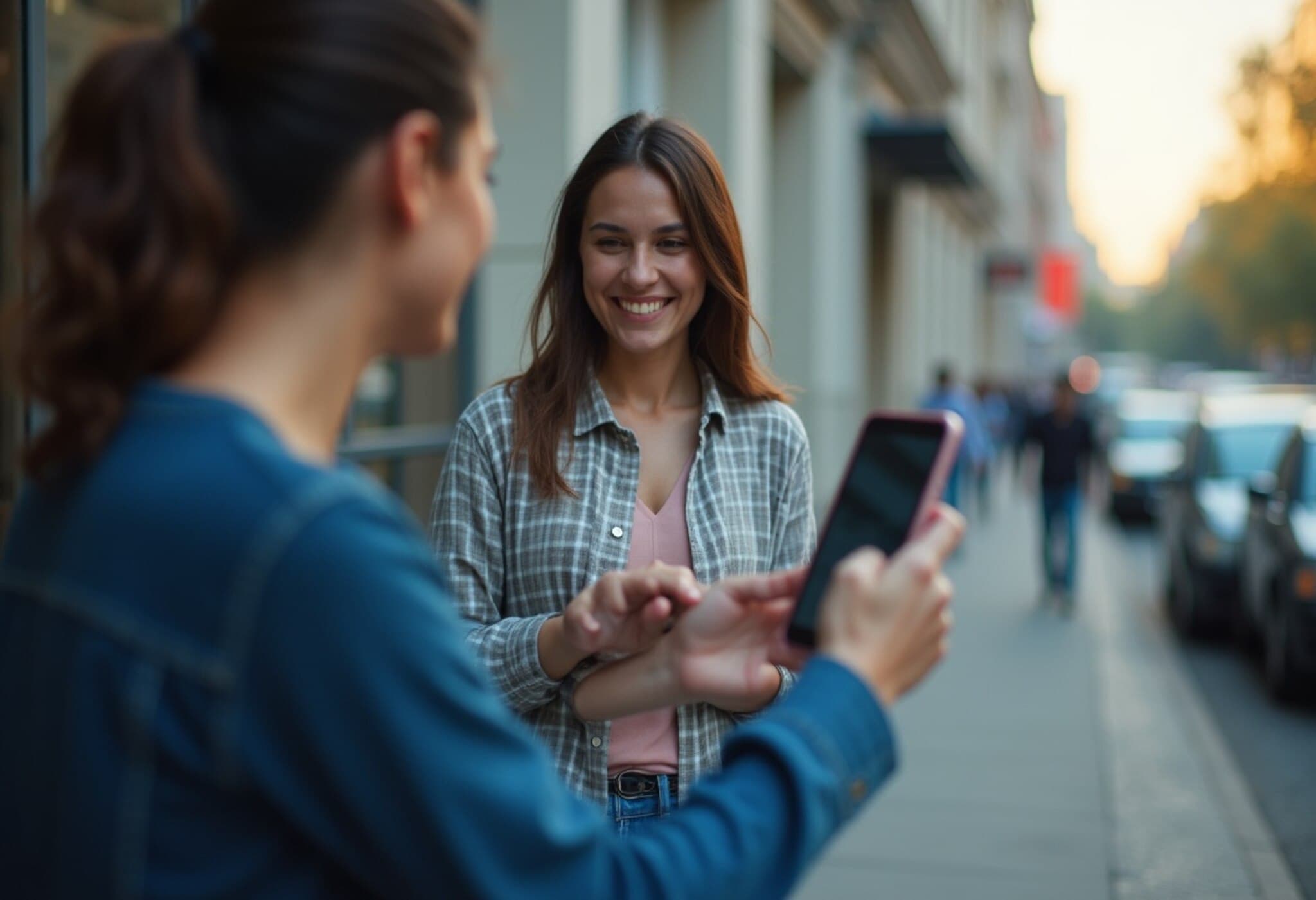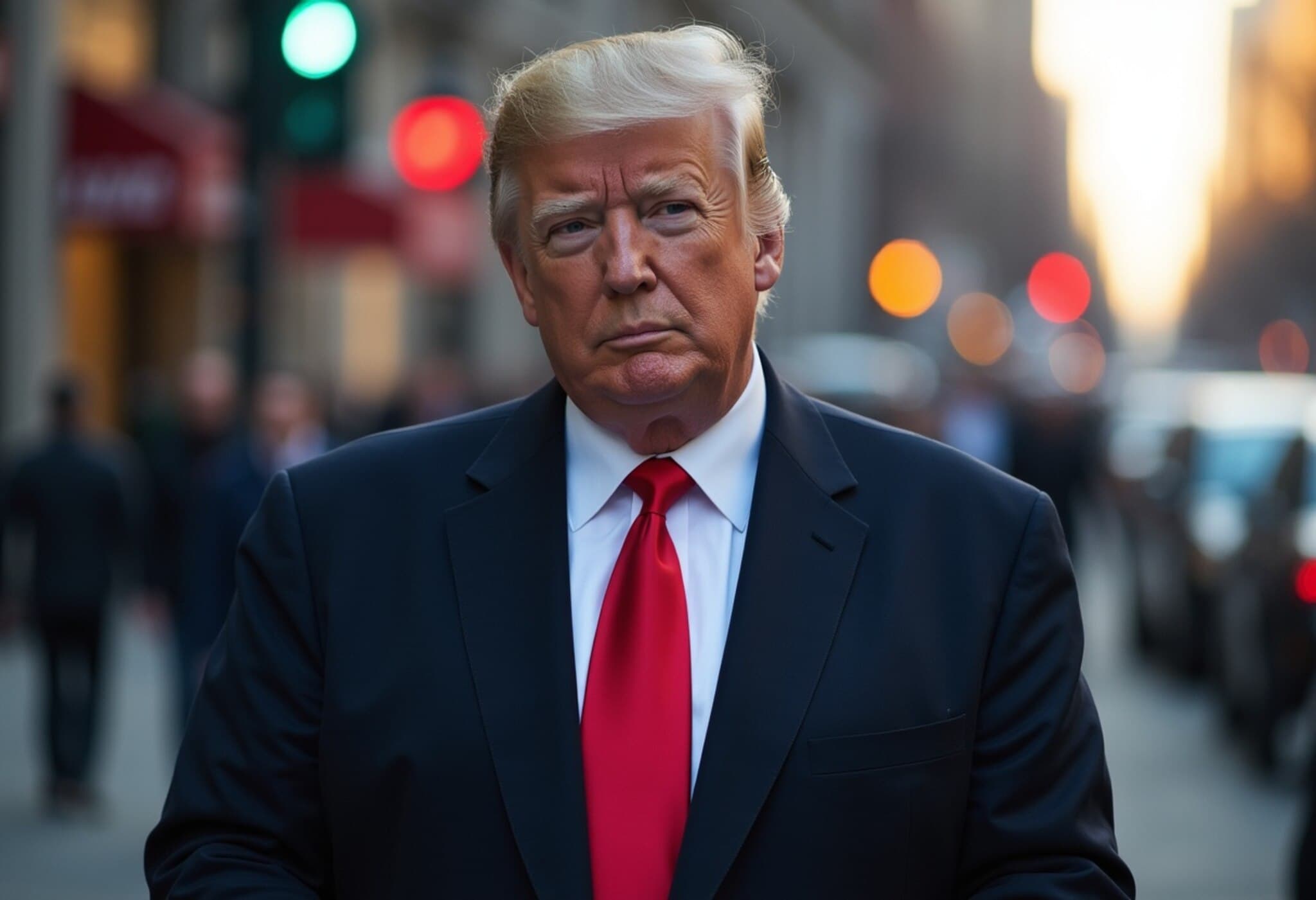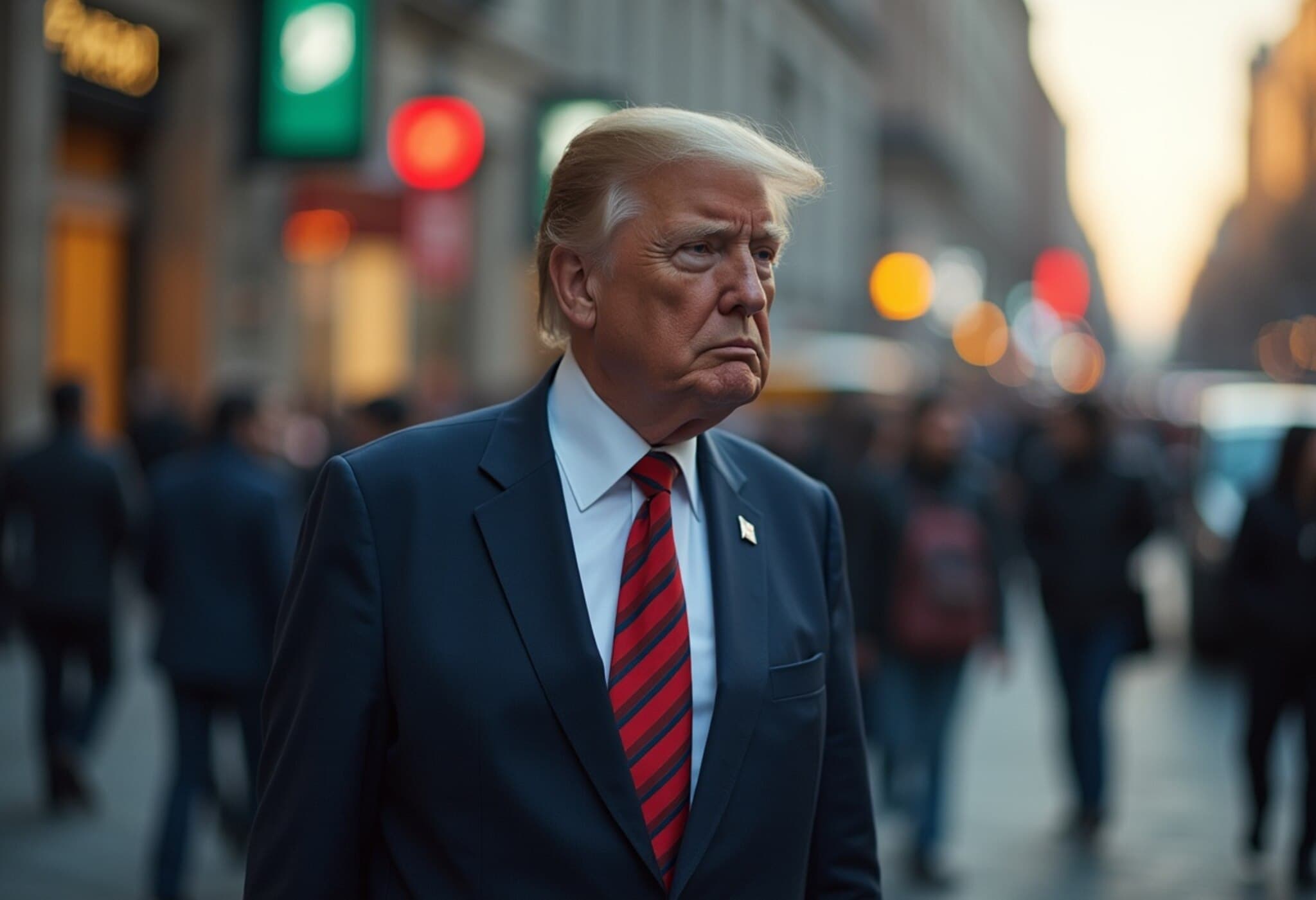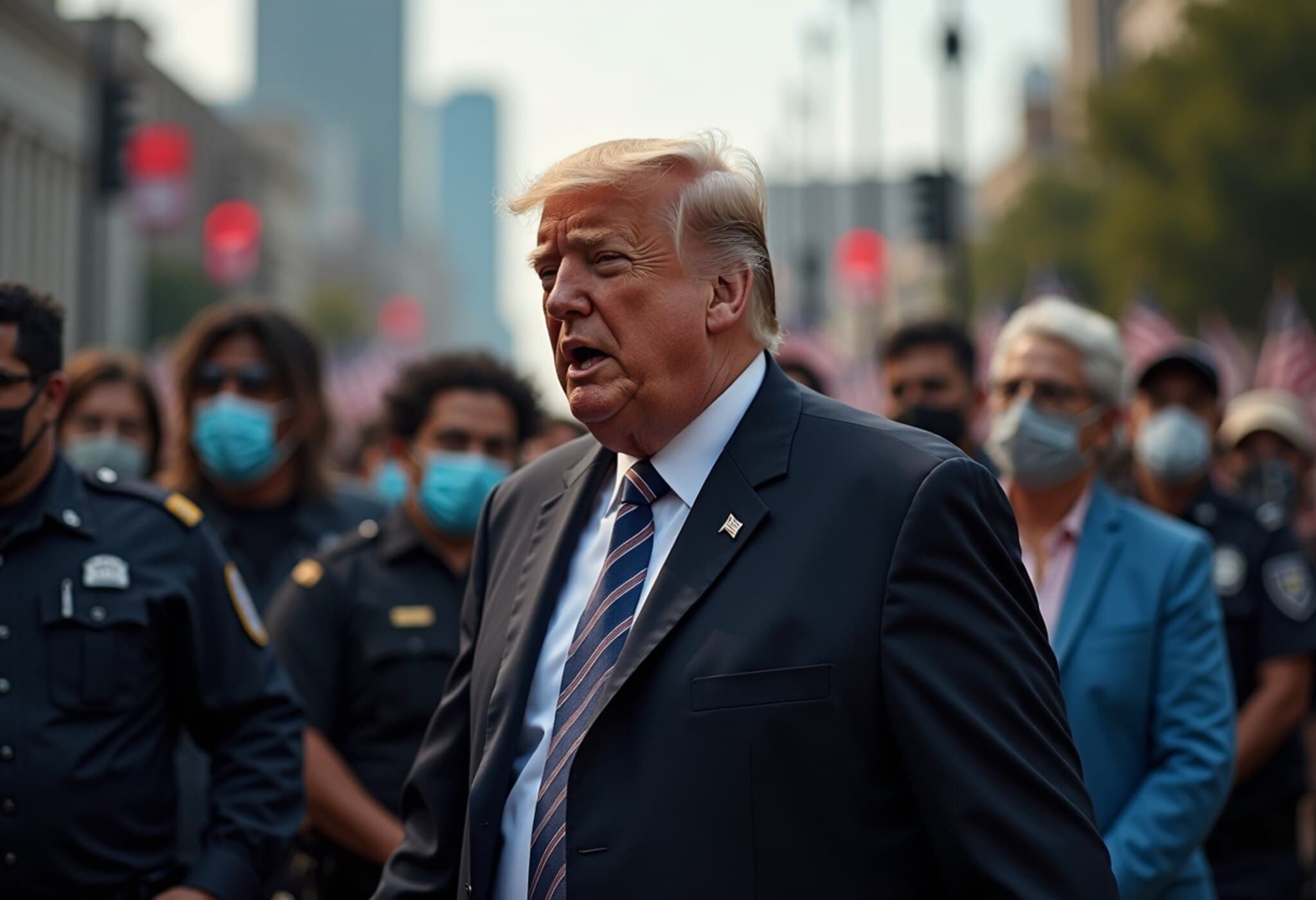US Tightens Visa Screening with New Social Media Policy
The United States has implemented a significant update to its visa screening process. Effective immediately, all applicants seeking F (student), M (vocational), or J (exchange visitor) non-immigrant visas must set their social media accounts to public. This change aims to facilitate thorough vetting, ensuring identity verification and checking admissibility under U.S. laws.
Background and Current Requirements
This policy builds on an existing practice that began in 2019, when the U.S. mandated visa applicants to disclose their social media identifiers as part of their application forms for both immigrant and non-immigrant visas. The U.S. Embassy in India clearly stated that all available information is used in visa screenings to identify applicants who may be inadmissible or pose national security risks.
"Every visa adjudication is a national security decision. Effective immediately, all individuals applying for an F, M, or J non-immigrant visa are requested to adjust the privacy settings on all of their personal social media accounts to 'public' to facilitate vetting necessary to establish their identity and admissibility to the United States."
New 2025 Travel Ban Targets 12 Countries
Alongside this social media screening update, the U.S. government announced a sweeping 2025 travel ban that fully restricts immigrant and non-immigrant visa issuance to nationals from 12 countries—mostly located in the Middle East and Africa. Additionally, seven more countries face partial visa restrictions, including enhanced screening and limited visa categories.
- Complete visa ban affects tourism, education, and employment categories from the 12 countries.
- Partial restrictions include tighter scrutiny for nationals of the seven other countries.
India’s Position Amid New Policies
Reassuringly, India is not included in the travel ban. All visa categories for Indian nationals—including B1/B2 tourist visas, H1B work permits, and F1 student visas—continue to be processed. Still, Indian applicants face protracted wait times due to high demand and administrative backlogs, with most U.S. consulates booking interviews up to 10 to 12 months in advance. This delay could impact travel, education, and employment planning for many.
Implications for Applicants and National Security
The expanded social media access requirement represents the U.S. government’s intensified focus on national security through improved visa vetting. By examining social media footprints openly, officials aim to detect risk factors more effectively before granting entry.
For prospective visa applicants, this means a greater emphasis on transparency and accessibility of online profiles. It also underscores the evolving intersection of technology, privacy, and immigration controls in the digital age.
Overall, these changes mark a broader effort to tighten entry criteria, safeguard security, and manage migration flows more stringently.


